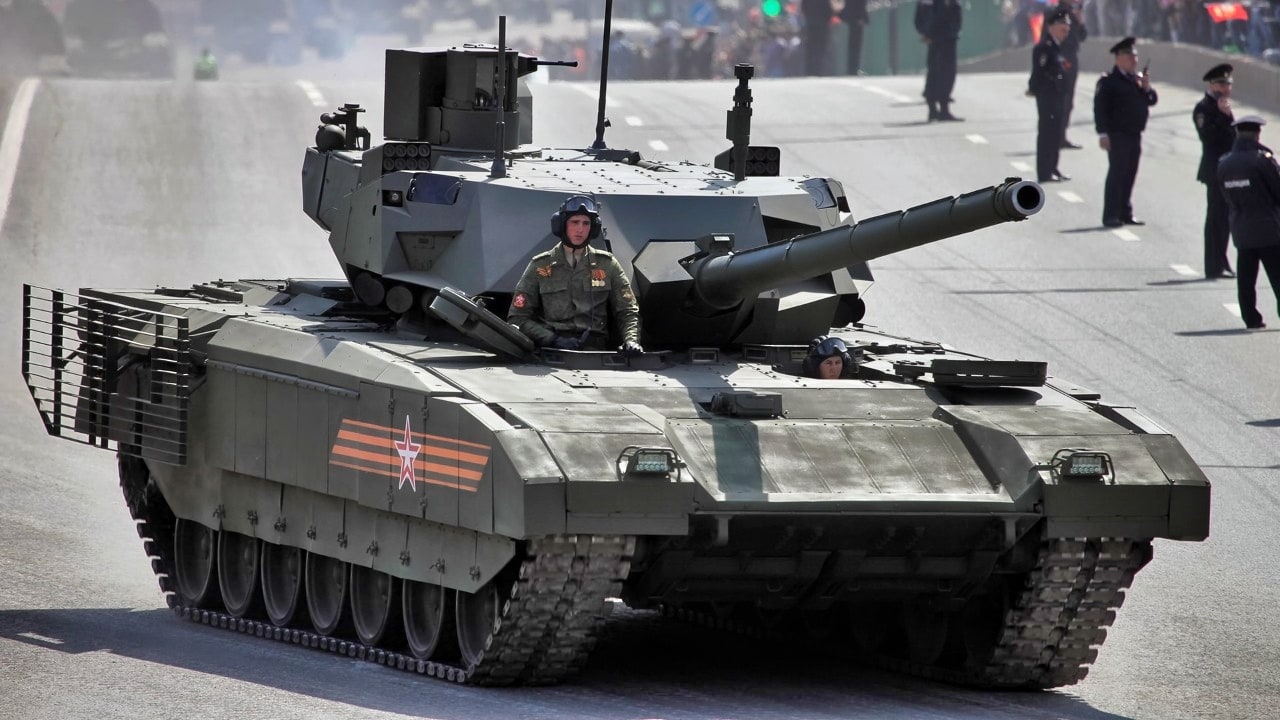The growing risk of war between Russia and China presents the most significant challenge to global stability in this decade. Indeed, by the time the 2020s are out, an armed clash between the two countries over China’s increasingly brazen territorial claims against Russia looks like a distinct possibility, with worldwide implications.
Ignore for now the “no limits” partnership between Moscow and Beijing and, in the wake of the Ukraine war, the burgeoning trade and military-security ties between them.
Leave aside also the longstanding personal friendship between Vladimir Putin and Xi Jinping and their largely expedient ideological and geostrategic alignment against America’s continuing power and influence in world affairs.
Believing it is now China’s time to historically resume its hallowed place as the ‘Celestial Kingdom’, the suzerain of East Asia, pushing territorial aggrandizement against all its neighbors is now arguably the most predictable and unyielding element in contemporary Chinese foreign policy.
Set against Beijing’s de facto conquest of the South China Sea in recent years, the continuing military belligerence against Taiwan and the Philippines on an almost daily basis, and, to the south-west, a war-like posture and salami-slicing against historically Indian lands across the Himalayas, the raising of largely specious and revanchist territorial demands against Russia, however, are potentially the most fraught element in Chinese decision-making today, with high probability of renewed armed clash between the two countries.
China and Russia Almost Went To War in 1969
It is, after all, still within living memory when both Russia and China nearly came to atomic blows. China’s unprovoked and bloody attacks on Soviet troops garrisoned along the then-contested Amur and Ussuri river boundaries in the frozen wastes of the Russian Far East in 1969 no doubt continues to cast a long shadow and fan atavistic fears and wariness of the Han in the Slavic psyche to this day.
Such fears can be gauged by the fact that the Russian general staff, according to recent leaks likely orchestrated by Moscow, drilled for a nuclear war with China until literally just a decade ago, and therefore in all probability continues to have military-operational plans to employ strategic weapons against China should circumstances such as those in 1969 arise in the future.
And, looking eastwards from the Kremlin, those circumstances may have started to arise from last year with the launch of China’s cartographic first strike against Russia, much along the lines of habitual Chinese technique of creating maps and fictitious history to stake territorial claims against neighboring countries.
Thus, the strategic Russian naval port city of Vladivostok in Russia’s Far East is now known as Haishanwai in Chinese maps, which is a not too-subtle Chinese way of asserting revanchist claim to parts of Russia’s thinly populated territories bordering north-eastern China and Manchuria which were ceded to the Tsars during the Qing era through what Beijing calls “unequal treaties” in the mid-19th century.
Moscow’s reaction to China’s cartographic shenanigans is not publicly known. However, the Kremlin took an unusually quick stand against one particular and typically furtive attempt by Beijing in August last year to label the river island of Bolshoy Ussuriysky, at the confluence of the Amur and Ussuri river boundaries near Khabarovsk in Russia’s Far East, as wholly Chinese territory, even though the large island was split between Russia and China in formal border demarcations jointly agreed in 2005 and reconfirmed in 2008.
Moscow’s retort to the attempted Chinese subterfuge was simply to state that “Russia and China have repeatedly confirmed the absence of mutual territorial claims,” thus quietly putting Beijing on notice to desist from harboring territorial ambitions against Russia.
How the a Russia-China War Could Start
Sino-Russian relations thus presents a paradox: even as Russia remains largely isolated, subject to tight international sanctions, and consequently almost wholly dependent on China for its economic and financial well-being, the current geopolitical convergence between the two sides will likely remain transient.
First, fundamentally because Russia will continue to remain historically wary and distrustful of its giant eastern neighbor, and secondly, because China is unlikely to forsake its age-old imperatives for territorial expansion across Eurasia, including Russia.
One scenario for a diplomatic breach opening between Moscow and Beijing is China simply issuing another bogus map, in the manner of Bolshoy Ussuriysky, showing Vladivostok and the militarily sensitive environs in Russia’s Pacific as part of China.
Or, calculating that a strategic window of opportunity exists vis-à-vis a weakened Russia to reclaim its “lost” imperial territories, it is not inconceivable that China will simply dispatch its troops across a day’s marching distance to seize some strategically important Russian lands adjacent to China’s north-eastern provinces by the end of this decade.
China’s decisionmakers, now prone to a toxic mix of aggressive nationalism, revanchism and visions of grandeur, are unlikely to resist the temptation to demand a redrawing of settled boundaries with Russia to rectify what they consider as historically iniquitous territorial limits arranged with the Tsars.
Yet, whatever China’s historical grievances and ambitions, Russia will undoubtedly and forcefully resort to arms against any Chinese encroachment, as it did fifty-five years ago.
Brace for a clash between the two nuclear-armed states by the end of the 2020s.
About the Author
Pravin Jethwa is a defense and international security consultant in London, U.K. He previously served on an academic experts panel on strategic arms control, crisis management, and superpower relations at the former Council for Arms Control at Kings College London.

